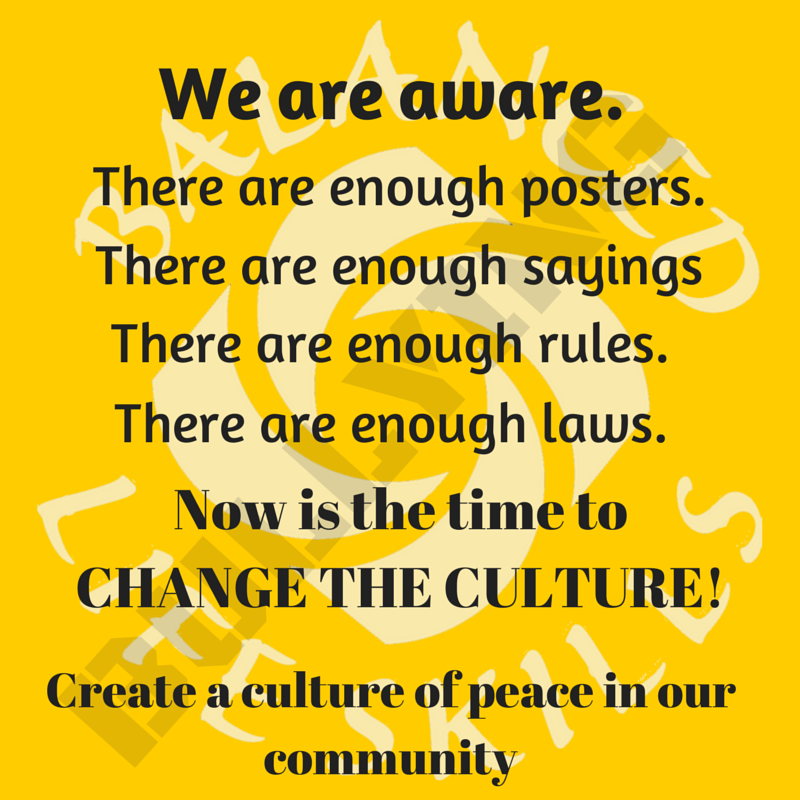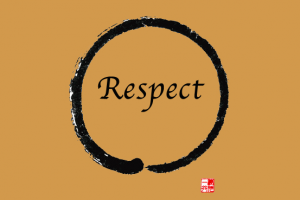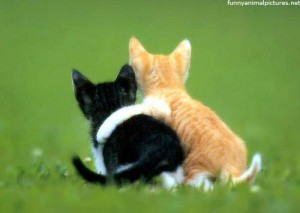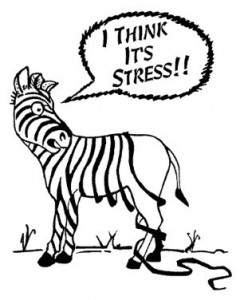In NJ there has been an incident of hazing that has rocked the community. There are still some on both sides of the story, some accepting it as a part of ‘team’, and some still afraid to speak out openly. Here is our take on this situation.
Hazing is bullying. Bullying is abuse and while it is good to hear that it is being recognized as such, the idea that the students in this latest incident “tolerated and in general accepted” this culture and behaviors – it tells us that is was also tolerated and accepted by the adults in the school.
At this point those who have been targeted with the hazing are still afraid to voice their grievances out loud. On Sunday night this particular community is gathering for an anti-bullying community event to raise awareness in the community and “to help in the healing process”. Here is my take on this:
We are already aware.
We are aware that bullying in not acceptable. No one thinks it is an acceptable behavior, especially when it is happening to them or to their child. Generally very few people have stepped up to change anything until there is a major incident like this one that has affected them personally.
 We are aware.
We are aware.
There are enough posters.
There are enough sayings.
There are enough laws and rules.
What we have not done is change culture. Until we change the culture in our schools, with everyone – parents, administrators, teachers, students – we will continue to have these kind of incidents. All of us determined to create a culture of peace in our schools and communities can be very powerful



